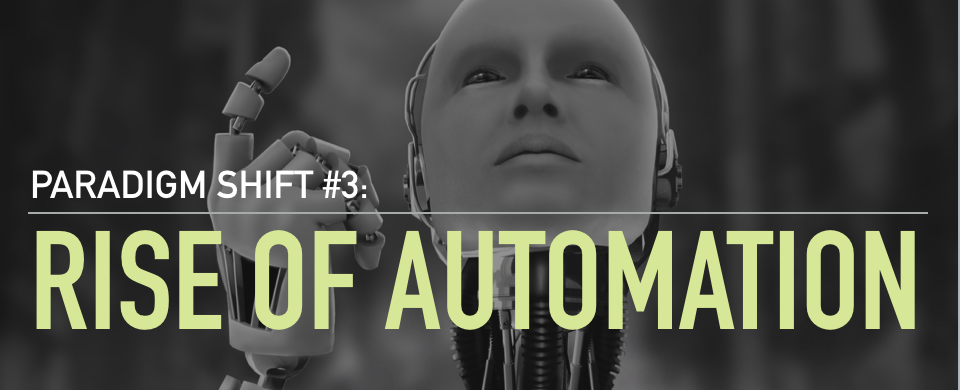Businesses today have fundamentally changed, and finance teams are struggling to keep up. You are drowning in spreadsheets, books were due to be closed yesterday, and the requests for analysis and reports just keep piling up.
So, why is this happening?

Business models have increasingly becoming more complex in the past 10 years. Specifically, the arrival of subscription-driven businesses has really shaken up every aspect of our lives — from how we consume media & entertainment, use software, and purchase physical goods — we are seeing subscriptions transform industries all around us.
While subscription-based business models offer consumer delight and business predictability, financial processes have never been more complex. Mid-cycle amendments, bundle arrangements, and adjustments have diminished traditional finance operations. And, with the introduction of ASC 606, the complexity continues to compound.

As financial processes continue to evolve, specialist applications are being created to address specific issues that ERPs and CRMs can no longer address. For instance, subscription order management and recurring invoicing is handled by dedicated billing platforms today. CPQ solutions have seen a recent resurgence in the cloud to tackle contract creation, and payment processing specialists have become major players in the eCommerce space.
Proliferation of enterprise software has grown by 10X in the past 10 years.
Just 10 years ago, Best Buy had ~45 different software and systems for its entire business. Today, Best Buy has over 450 software and systems leveraged by all kind of users.
Proliferation of enterprise software leads to a major problem — fragmentation of critical data. Aggregation of data has become a manual task for finance teams, and as a result, closing the books and financial planning and analysis are taking longer.

While machine learning, AI, and automation have all reached buzzword status, there is legitimacy to their increased popularity today. With costs of computing drastically down, we can finally apply these disciplines on massive datasets for companies of all sizes. We are also finally realizing Business Intelligence isn’t so “intelligent,” because visualizing data is not the problem. ERPs aren’t so “integrated,” because with the rise of specialist software, ERPs are quickly becoming bloated general ledgers at the end of the process stream.
The underlying problem is data. Not the lack of data, but rather, too much of it in too many places.
The #1 challenge for finance teams today is aggregating these fragmented data into one single source of truth.
But, with the volume of data hitting hundreds of thousands, if not millions, Excel doesn’t even load.
Why You Need Finance Operations (FinOps)
CFO.com recently reported that among 380 CFOs and finance executives, over 90% say they are crippled with financial and operations data at hand to help top management make critical decisions. Not lack of data, but rather, too much data in different places. With finance teams spending up to 80% of their time doing data collection, data cleansing, and data modeling, only 20% of their time is spent towards driving strategic analysis and pushing the business forward.
Gathering actionable information from raw data may be easier said than done.
Finance needs the operational support in order to become efficient again. The separation of finance and finance-driven operations is not a new concept. When sales teams begin to drown in operational tasks instead of executing on deals, companies have adopted the Sales Operations (Sales Ops) role to assist the back-end of deals. Same goes with engineering and DevOps.
To make your finance team effective again, it’s time to specialize and separate the two very distinct functions. Fund the operational support your finance teams need to be effective, so they can focus on being your strategic partners for growth.
Related Posts
The Last Mile of Automation: Luca Now Validates Itself
The most dangerous number in finance isn't the one that’s red. It’s the one that looks green, but…
Why AI in Finance Is Stalling — And Why the Record-to-Report Foundation Is the Missing Link
Over the past year, I’ve spoken with dozens of CFOs who are all facing the same mandate:
Luca Now Documents Itself: Introducing Auto-Generated Audit Documentation
I've been talking to Controllers for the past two years about AI and automation. And I keep hearing…
See how Leapfin works
Get a feel for the ease and power of Leapfin with our interactive demo.